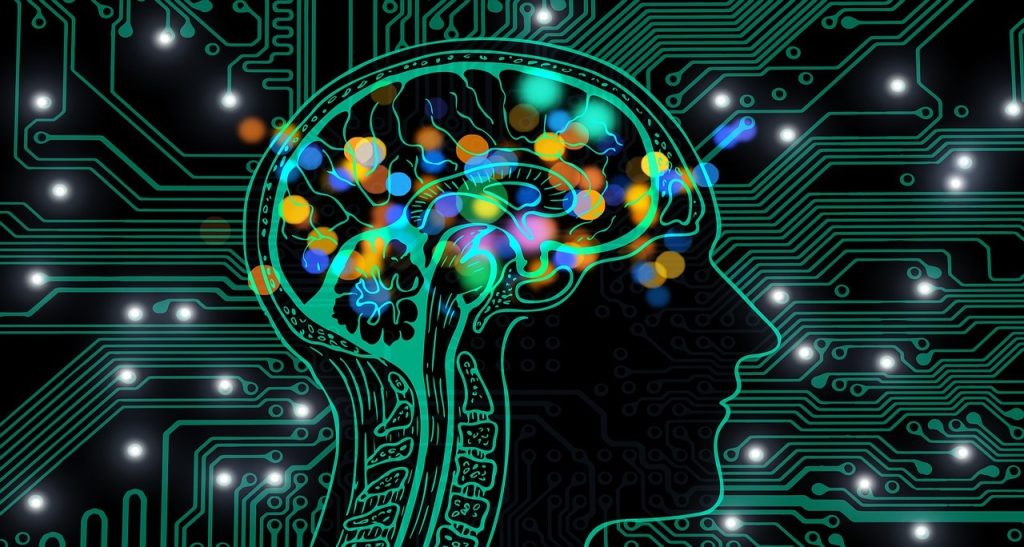Introduction
Artificial Intelligence (AI) continues to revolutionize various industries, from healthcare and finance to marketing and manufacturing. In 2023, the AI landscape is evolving rapidly, driven by cutting-edge tools that enable businesses and developers to harness the power of AI. In this blog post, we will explore the top AI tools that are shaping the future of AI innovation in 2023.
1. TensorFlow:
TensorFlow, developed by Google, remains one of the most popular open-source AI frameworks. It provides a comprehensive ecosystem for building and deploying machine learning models. With its flexible architecture, TensorFlow supports various neural network architectures and enables efficient training and inference across different devices and platforms.
2. PyTorch:
PyTorch is another prominent open-source deep learning framework that has gained significant traction. It offers dynamic computation graphs and a Pythonic interface, making it user-friendly and intuitive for researchers and developers. PyTorch’s strong community support and seamless integration with Python libraries have contributed to its widespread adoption.
3. Keras:
Keras, a high-level neural networks API, acts as a user-friendly wrapper on top of TensorFlow and other backends like PyTorch. It simplifies the process of building deep learning models by providing a concise and intuitive interface. Keras offers a rich set of pre-built models and utilities, making it an ideal choice for rapid prototyping and experimentation.
4. scikit-learn:
scikit-learn is a versatile machine learning library in Python. It provides a wide range of algorithms and tools for tasks such as classification, regression, clustering, and dimensionality reduction. With its user-friendly API and extensive documentation, scikit-learn is an essential tool for both beginners and experienced practitioners in the field of AI.
5. IBM Watson:
IBM Watson is a suite of AI-powered tools and services that cover various domains, including natural language processing, computer vision, and predictive analytics. Watson’s APIs and services empower developers to integrate AI capabilities into their applications, enabling tasks like language translation, sentiment analysis, and image recognition.
6. Microsoft Azure AI:
Microsoft Azure AI offers a comprehensive set of AI tools and services, including Azure Machine Learning, Azure Cognitive Services, and Azure Bot Service. Azure Machine Learning simplifies the end-to-end machine learning lifecycle, while Azure Cognitive Services provides pre-trained models for vision, speech, and language processing. Azure Bot Service facilitates the creation of intelligent chatbots.
7. Amazon SageMaker:
Amazon SageMaker is a fully managed machine learning service that enables developers to build, train, and deploy machine learning models at scale. It offers a complete workflow for data preparation, model training, and deployment, with built-in algorithms and support for custom models. SageMaker empowers organizations to accelerate their AI development and deployment processes.
8. H2O.ai:
H2O.ai is an open-source AI platform that provides tools for data exploration, feature engineering, model training, and deployment. It offers a user-friendly interface and supports various machine learning algorithms, including deep learning. H2O.ai’s AutoML capabilities automate the process of model selection and hyperparameter tuning, simplifying the machine learning pipeline.
9. NVIDIA CUDA Toolkit:
NVIDIA CUDA Toolkit is a powerful platform for GPU-accelerated computing. It provides a programming environment and libraries that enable developers to leverage the computational power of NVIDIA GPUs. CUDA Toolkit is widely used for accelerating AI workloads, such as deep learning training and inference, by harnessing parallel processing capabilities.
10. OpenAI Gym:
OpenAI Gym is a popular open-source toolkit for developing and comparing reinforcement learning algorithms. It provides a collection of environments and tools that facilitate the development and evaluation of AI agents. OpenAI Gym has gained significant for its role in advancing the field of reinforcement learning, enabling researchers and developers to explore and experiment with various algorithms and approaches. attention

